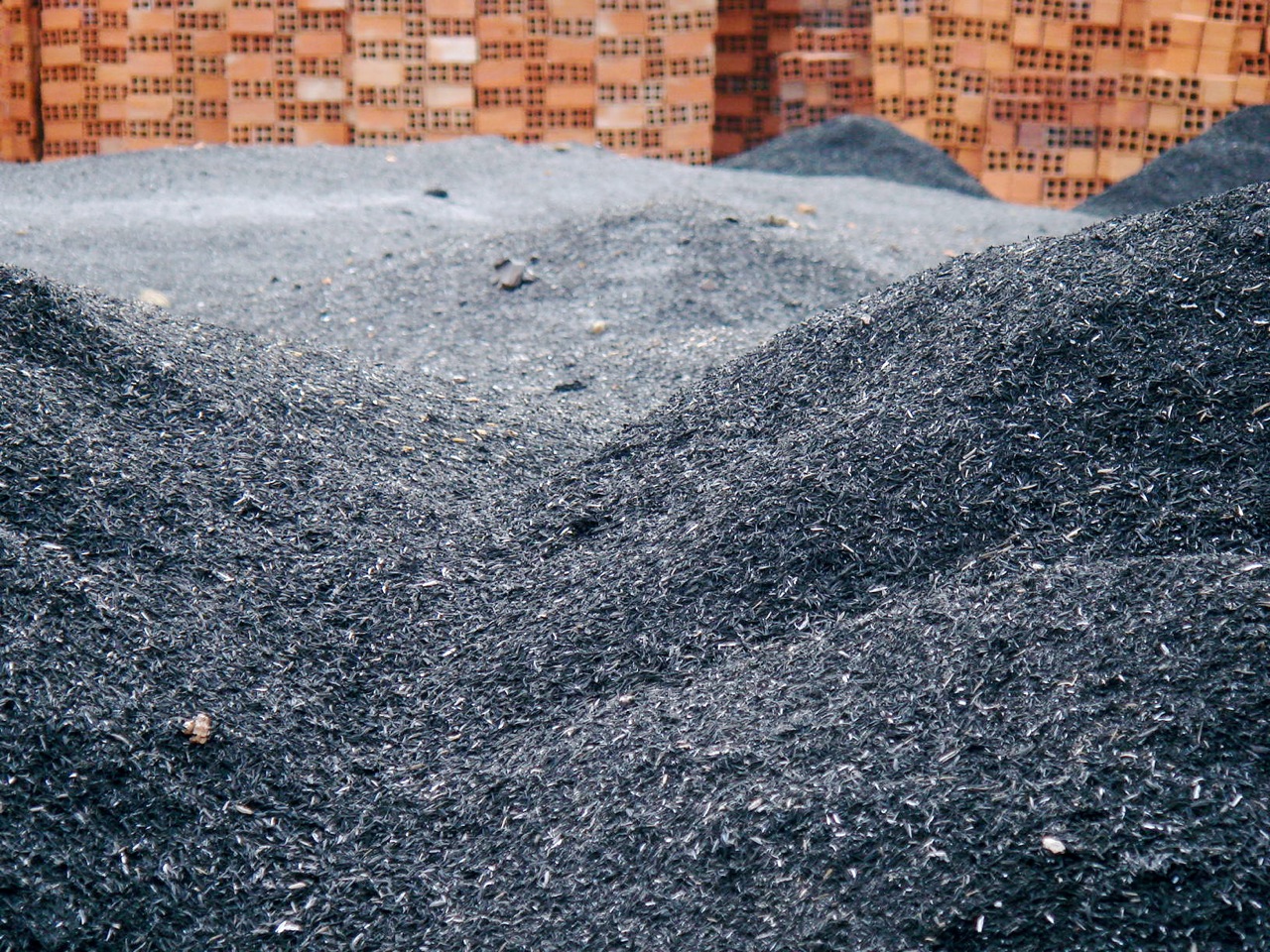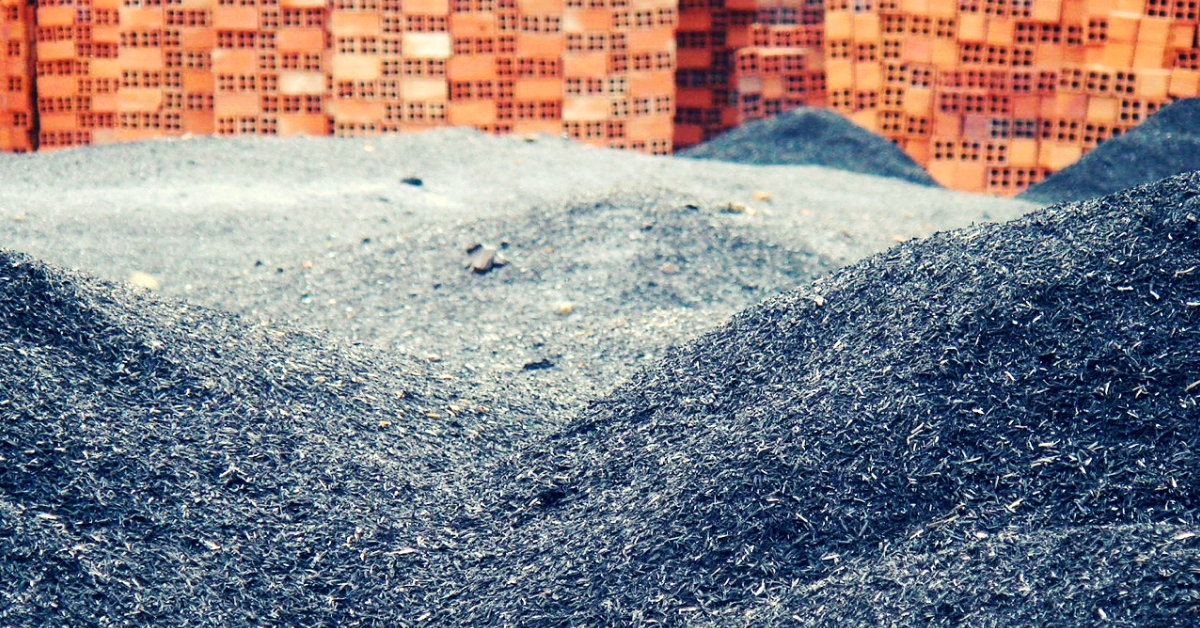Farmers in Punjab have a hard time disposing of rice husk ash; the major by-product left after the burning of rice husk.
Fortunately, the Hoshiarpur-based Lambra Kangri Multipurpose Cooperative Service Society, adopted by KS Pannu, a stellar IAS officer and the current Secretary of the State Agriculture Department, has found a way to use rice husk ash to purify water.
According to The Tribune, the society has started a pilot project in Lambra village, whereby instead of employing cost-intensive measures to dispose of rice husk ash, they’ve found a technique to treat water that “could also be used in fields as it would be beneficial for crops.”
“As compared to the other techniques, this is natural and cheaper. Under this technique, waste and unclean water will be passed through rice husk ash,” said Jaswinder Singh, the Project Manager of the society, in a conversation with The Tribune. Also, thanks to this society’s efforts, these villagers from Punjab don’t use LPG cylinders anymore, and instead use biogas.
This isn’t the first time that rice husk ash has been used to purify water in India.
“Rice-husk-ash is used as the base material for developing novel compositions to deal with the challenge of purifying drinking water in low-income households in India. For example, rice-husk-ash cast in a matrix of cement and pebbles can be formed into a filtration bed which can trap up to 95% of turbidity and bacteria present in water. This innovation was proliferated in villages across India as a do-it-yourself rural water filter,” says this study posted on Research Gate.
Also Read: Meet Punjab’s Hero IAS Officer Battling Crop Burning, Corruption & Adulteration
“Another innovation involves embedding silver nanoparticles within the rice husk ash matrix to create a bactericidal filtration bed which has now been commercialized in India as a low-cost for-profit household water purifier,” the study goes onto add.

To double-check the efficiency of the water purifying system, the society sent samples to the Civil Engineering Department of the Punjab Agricultural University (PAU) for testing. According to Jaswinder, these samples have been approved.
“Rice husk was used as a fuel in mills, which produced ash. Disposing ash is a big issue in the state, but we have found that [it] is a good source of cleaning water. They are experimenting, and if successful, we can expand it further,” said KS Pannu, in a conversation with The Tribune.
(Edited by Gayatri Mishra)
Like this story? Or have something to share? Write to us: contact@thebetterindia.com, or connect with us on Facebook and Twitter.
If you found our stories insightful, informative, or even just enjoyable, we invite you to consider making a voluntary payment to support the work we do at The Better India. Your contribution helps us continue producing quality content that educates, inspires, and drives positive change.
Choose one of the payment options below for your contribution-
By paying for the stories you value, you directly contribute to sustaining our efforts focused on making a difference in the world. Together, let's ensure that impactful stories continue to be told and shared, enriching lives and communities alike.
Thank you for your support. Here are some frequently asked questions you might find helpful to know why you are contributing?

